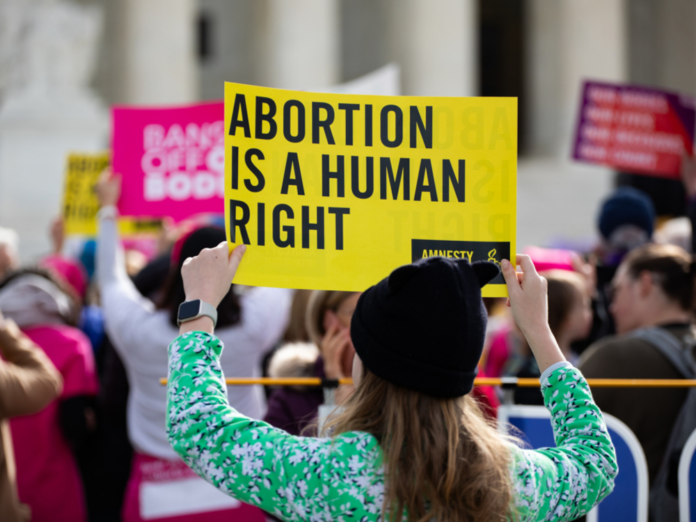
This month, two women and two health care providers from Dominica and Antigua and
Barbuda, stepped into the arena to create history. They have filed the first-ever constitutional challenges to colonial-era abortion laws in the Caribbean. In seeking gender justice for impacted women and healthcare providers, they have asked the local courts to determine whether these laws – imposed during British colonial rule – are consistent with rights granted under their constitutions created at independence.
England itself amended the 1861 law with the passing of the Abortion Act in 1967, which allows for abortion on specified grounds.
Only Barbados (1983) and Guyana (1995) have enacted comprehensive non-criminal legislation expanding legal access to abortion care. All other Caribbean countries still leave their women at the mercy of a vague criminal law, which in Dominica and Antigua creates a near-total ban on abortions – with the only apparent exception being made for pregnancies over 28 weeks and only if done to save the life of the woman. The abortion laws in both countries, subject women, girls, and healthcare providers to imprisonment of up to 10 years if convicted.
The brave women and healthcare providers contend that the laws are “an affront to women’s and girls’ bodily autonomy, disproportionately impact poor women and girls, and constitute unjustifiable sex discrimination since men are not subjected to similar restrictions on their sexual and reproductive health.”
Additionally, they assert that the laws are used to “justify the government’s failure to put in place effective policies and services to ensure all women and girls have access to abortion care as part of broader access to sexual and reproductive health services.”
Some will counter that the laws are largely unenforced and therefore have
little impact on access to and provision of abortion. This is far from the truth. “Unenforced”
does not mean the law is dead – it can be used at any time, sometimes arbitrarily to prosecute women, girls, and their healthcare providers. For example, in 2013, a woman and a pharmacist in Dominica were charged for helping a pregnant teenager terminate her pregnancy.
There have also been recent cases in other Caribbean countries where women and healthcare providers have been convicted or charged under abortion laws similar to those in Dominica and Antigua and Barbuda. In 2021, a woman in the British Virgin Islands was convicted for assisting her daughter to access abortion care and a healthcare provider in the Bahamas was charged with helping a teenager procure an abortion in 2023.
Moreover, criminalization, in and of itself, reinforces the general social stigma associated with abortion and forces women and girls to undergo risky procedures that can lead to harmful, sometimes fatal results, especially for those from lower socio-economic circumstances. For instance, in May 2023 a healthy young woman died suddenly in Pointe Michel, a rural and low-income community in Dominica. Many suspect her death was the result of complications from a self-administered abortion, following the discovery of a fetus buried at her home.
The laws should be repealed since they have failed miserably in achieving their professed
purpose – protecting prenatal life by preventing abortions. The data shows that criminal
abortion laws do not prevent abortions, they just make them unsafe. According to the World Health Organisation(WHO) in its 2022 Abortion Care Guidelines, women and girls will find means to end an unwanted or unplanned pregnancy – even if those means are harmful and life-threatening.
Criminal abortion laws have no place in modern constitutional democracies, like Antigua and Dominica, which have declared their commitment to ensuring gender equality for women through effective access to sexual and reproductive health services. The WHO in its 2022 Abortion Care Guidelines was unequivocal in its call for countries to treat abortion access as a medical treatment that is available on request and without restrictions. Moreover, both the Human Rights Committee in 2020 and the CEDAW Committee in 2019 asked Dominica and Antigua and Barbuda respectively, to expand access to abortion services and remove penalties that criminalize women, girls, and their healthcare providers.
Other than the problematic US Dobbs v Jackson decision, courts in the Americas have found restrictive abortion laws to be a breach of women’s and girls’ human rights. In so doing they have expanded access to essential abortion care. We are hopeful the courts in the Caribbean will also be inclined to find the abortion laws unconstitutional – thereby
vindicating the rights of thousands of women, girls, and healthcare providers, living under
the yoke of an oppressive, antiquated, and colonial-era law.

